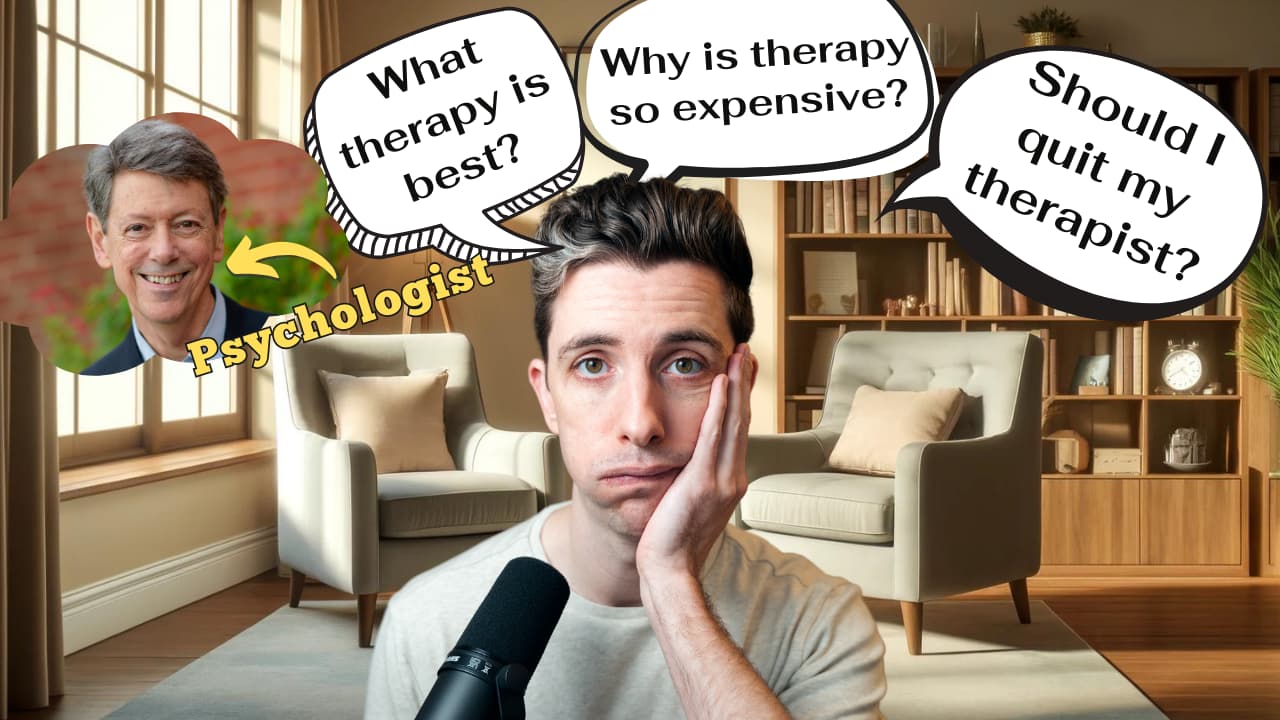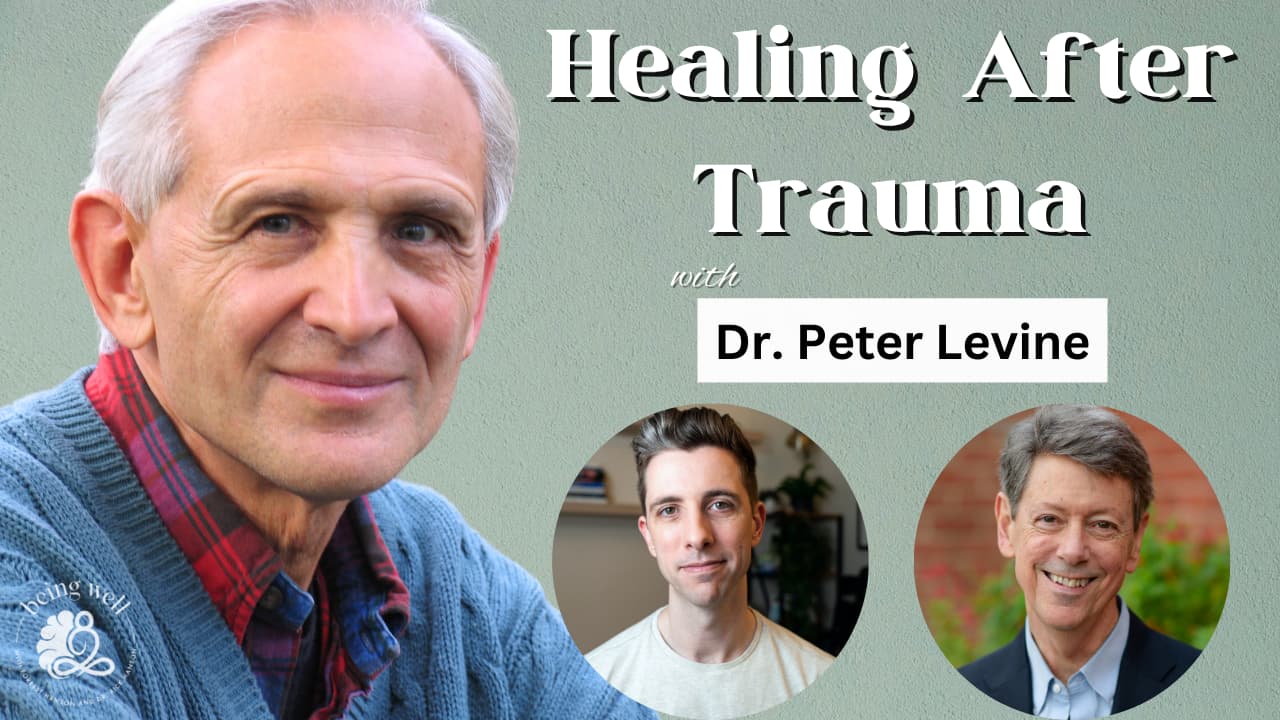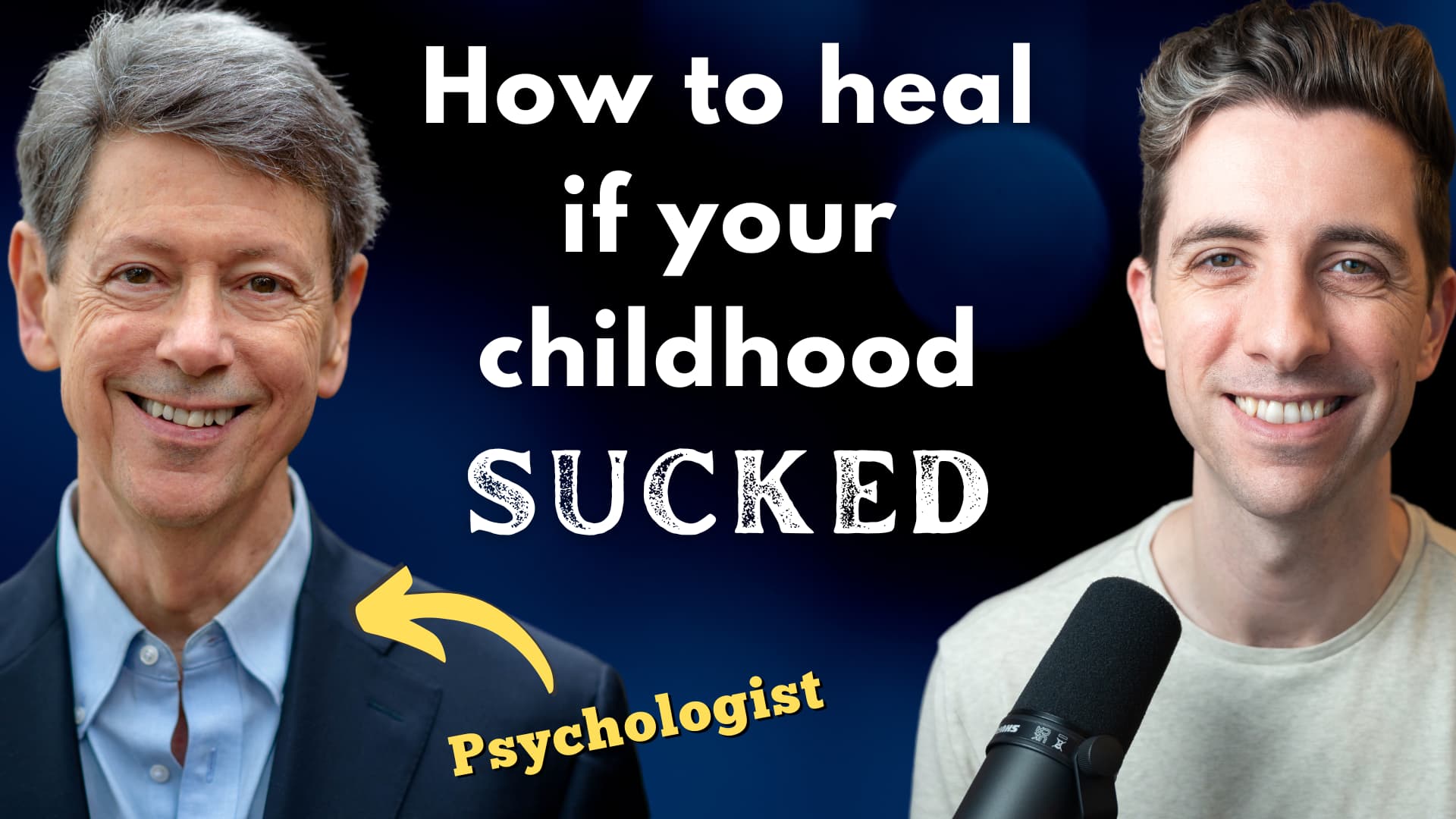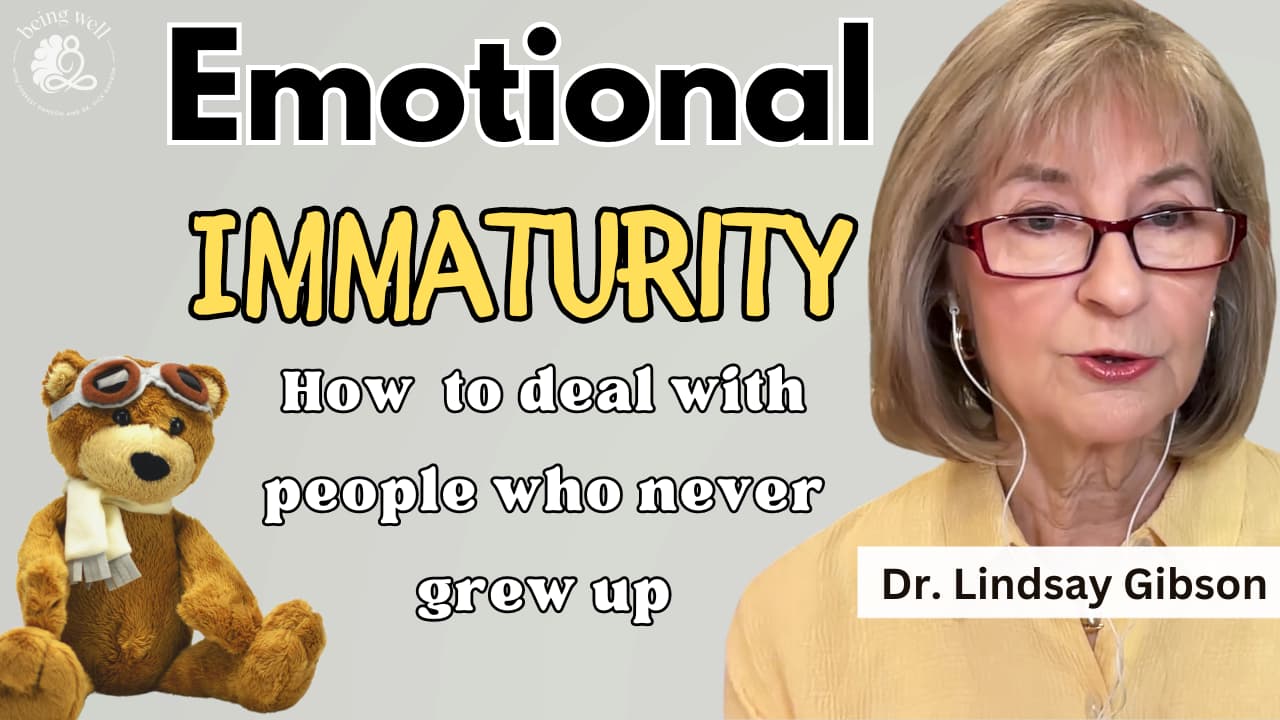In the second part of their conversation with Dr. Kristin Neff, Forrest and Dr. Hanson speak with her about how we can be compassionate under challenging circumstances. Particularly, how can we bring strength to compassion without tipping into anger?
Learn more about Dr. Kristin Neff’s Mindful Self-Compassion program here.
Dr. Rick Hanson offers 57 brief practices that strengthen the neural networks of deep well-being and resilience.
This program gives you just one thing to focus on each day to gradually change your brain for the better so you can handle the stresses and challenges of everyday life with greater ease, inner strength, and confidence.
Each practice is grounded in modern neuroscience and ancient wisdom, and Rick’s background in the very real world of business and raising a family.
Practices include a 1-2 minute video explaining the importance of the practice and how to do it, a recap, reflection, and suggestion for integrating it into your daily life, weekly emails with inspiration, support, and encouragement, an audio download, transcription, and printable handout.
They’re quick and easy to do, and each repetition strengthens key neural circuits – just like building a muscle in the gym. It’s the law of little things: a small thing repeated each day adds up to big results. Just one thing… that could change your life.
Use the code BEINGWELL at checkout for 10% off the purchase price.
Timestamps:
- 01:52: Can we have too much mindfulness? And what do we need in addition to mindfulness to support self-compassion?
- 06:30: Is there a gender bias in the material on self-compassion? How do people of different genders respond to it differently?
- 12:22: How can a person be both forceful and compassionate?
- 16:31: So if you had the opportunity to go back and talk to yourself as a child or young adult, what is something that you would want to say to that person?








